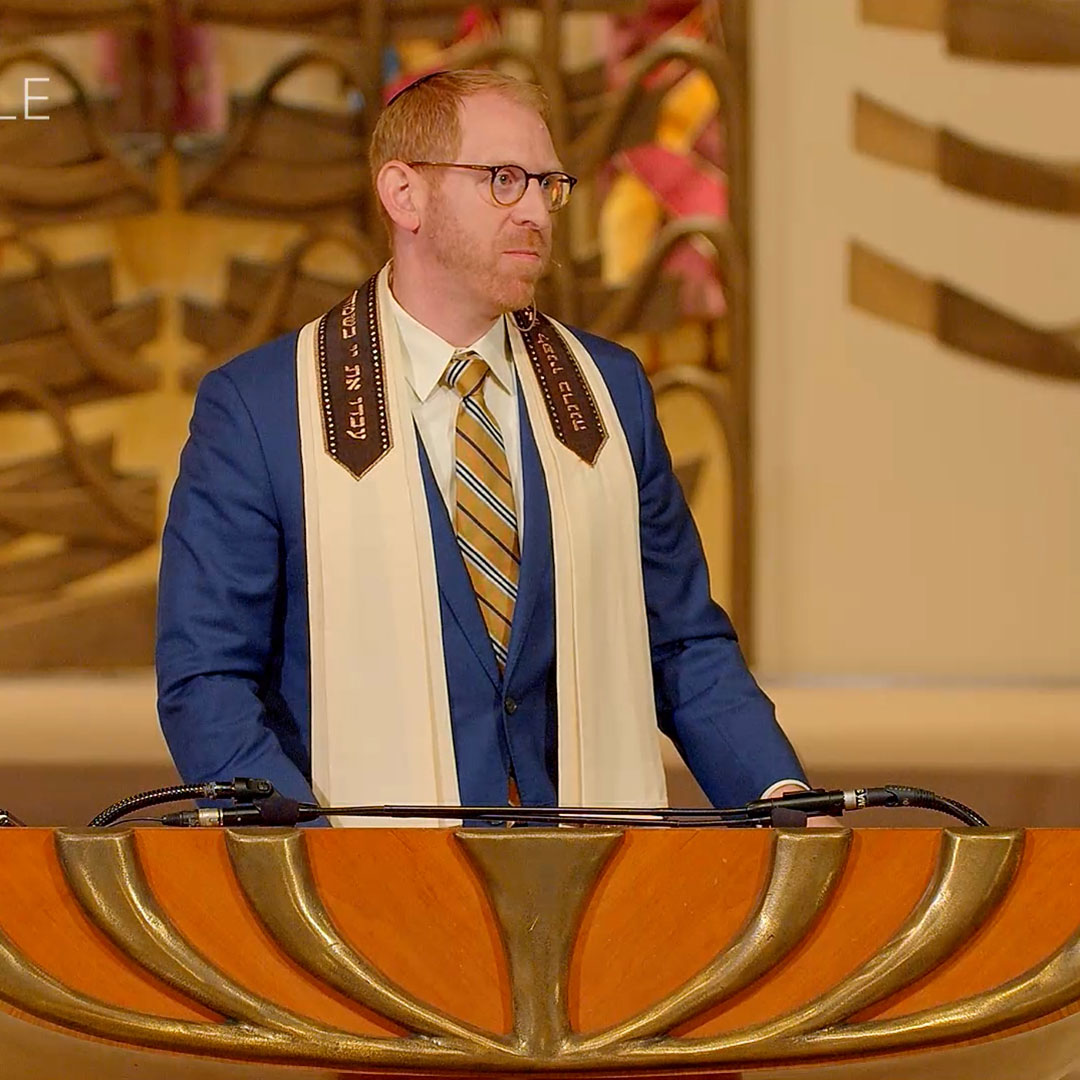
The Valley of Death and Just Civil Disobedience
Rabbi Josh Knobel
Rabbi Josh Knobel asks a provocative question: How do we know when acts of civil disobedience should engender sympathy and which should engender condemnation and opposition? Through analyzing the events that led to Afghanistan’s Korangal Valley to become known as the “Valley of Death,” Rabbi Josh illustrates how the answer to that question is not always readily apparent. The inhabitants of the Valley originally couched their defiance of new laws and taxes in the language of justified resistance to corruption and government overreach. Later, their partnership with the Taliban and their acts of resistance — which showed little regard for human life, liberty, or dignity — illustrated their true motivations: To continue abusing, trafficking, and subjugating women, who would have been freed of forced marriages and allowed to go to school under the laws they resisted.
Our tradition gives us guidance on through three acts of resistance against the Egyptian regime in this week’s Torah portion: The midwives who defy Pharaoh’s decree to kill male Hebrew newborns, Pharaoh’s daughter safeguarding baby Moses, and Moses killing an Egyptian taskmaster to prevent him from killing a slave. Those who defy the law to safeguard the lives, liberties, and dignity of others seek justice, and should be supported. Those who defy the law with the intent to oppress innocents and deprive them of human dignity do not seek justice, nor do they deserve our sympathy.
Rabbi Josh cites Rev. Dr. Martin Luther King Jr.: “Any law that uplifts human personality is just, but any law that degrades human personality is unjust. All segregation statutes are unjust because segregation distorts the soul and damages the personality. It gives the segregator a false sense of superiority, and the segregated a false sense of inferiority.”
January 13, 2023 | 20 Tevet, 5783
